
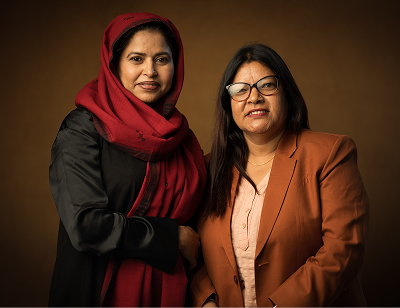
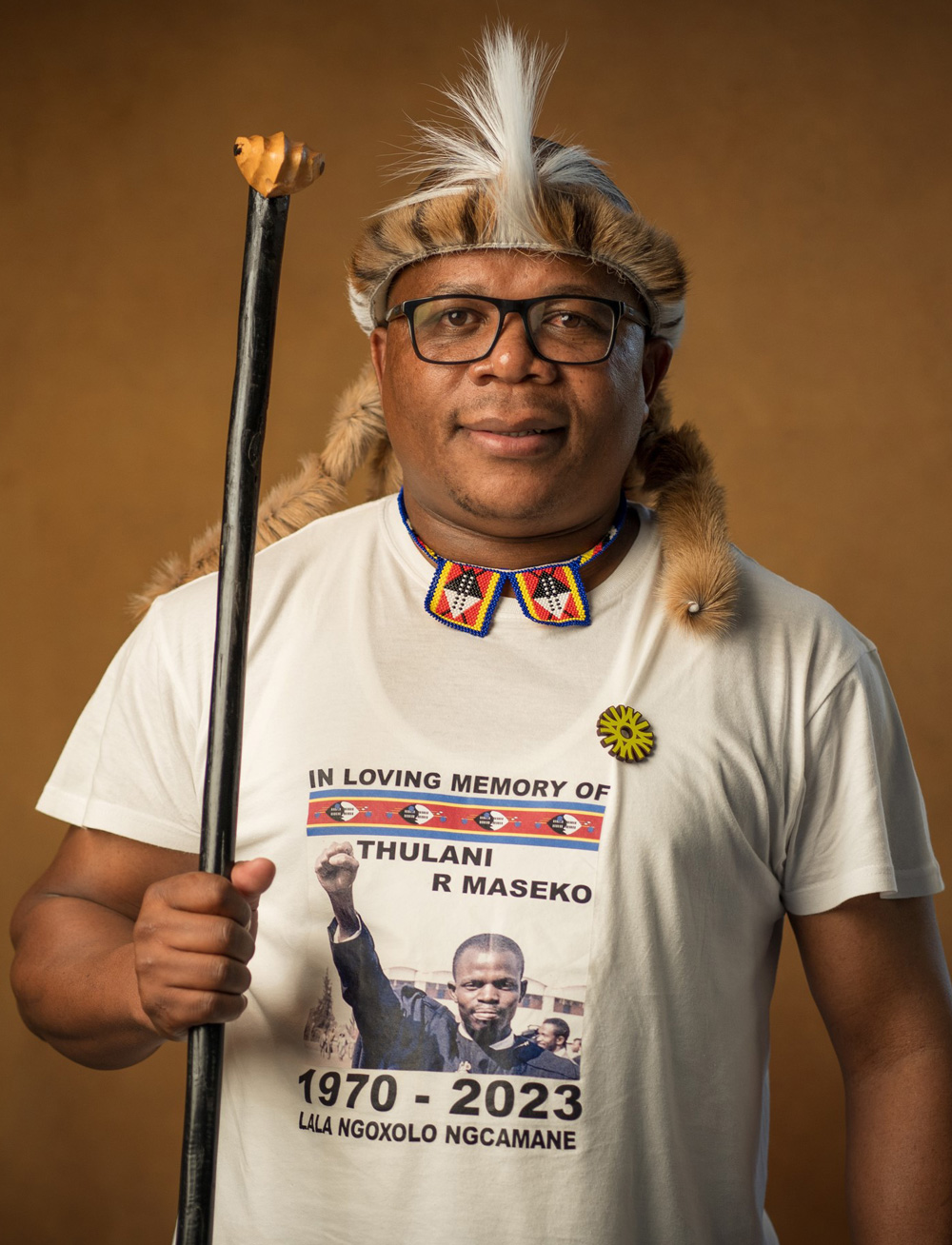
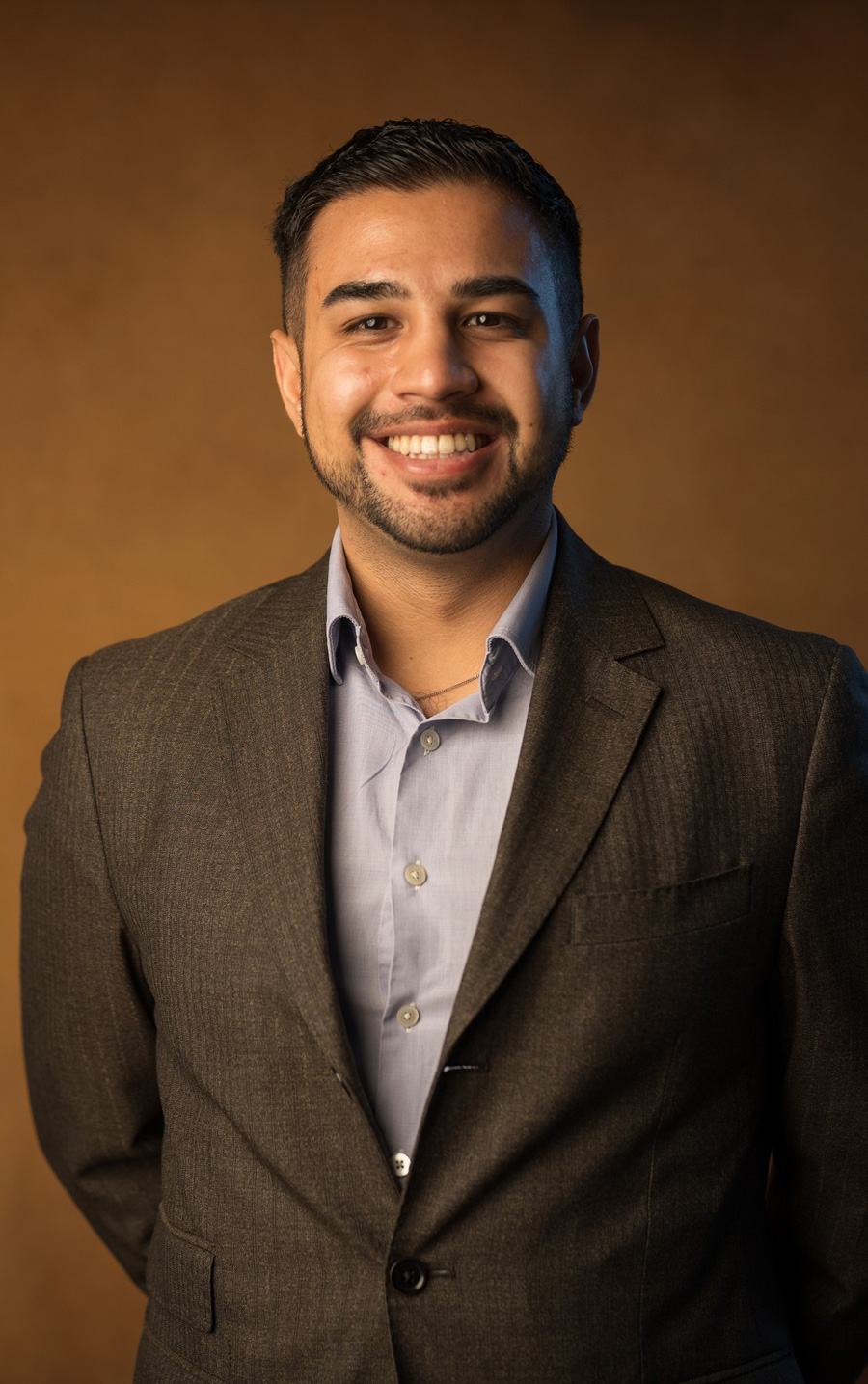
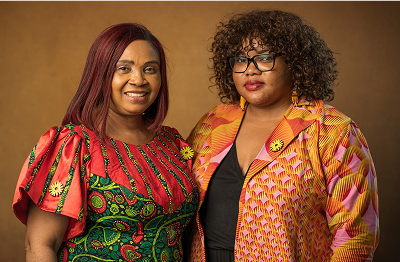
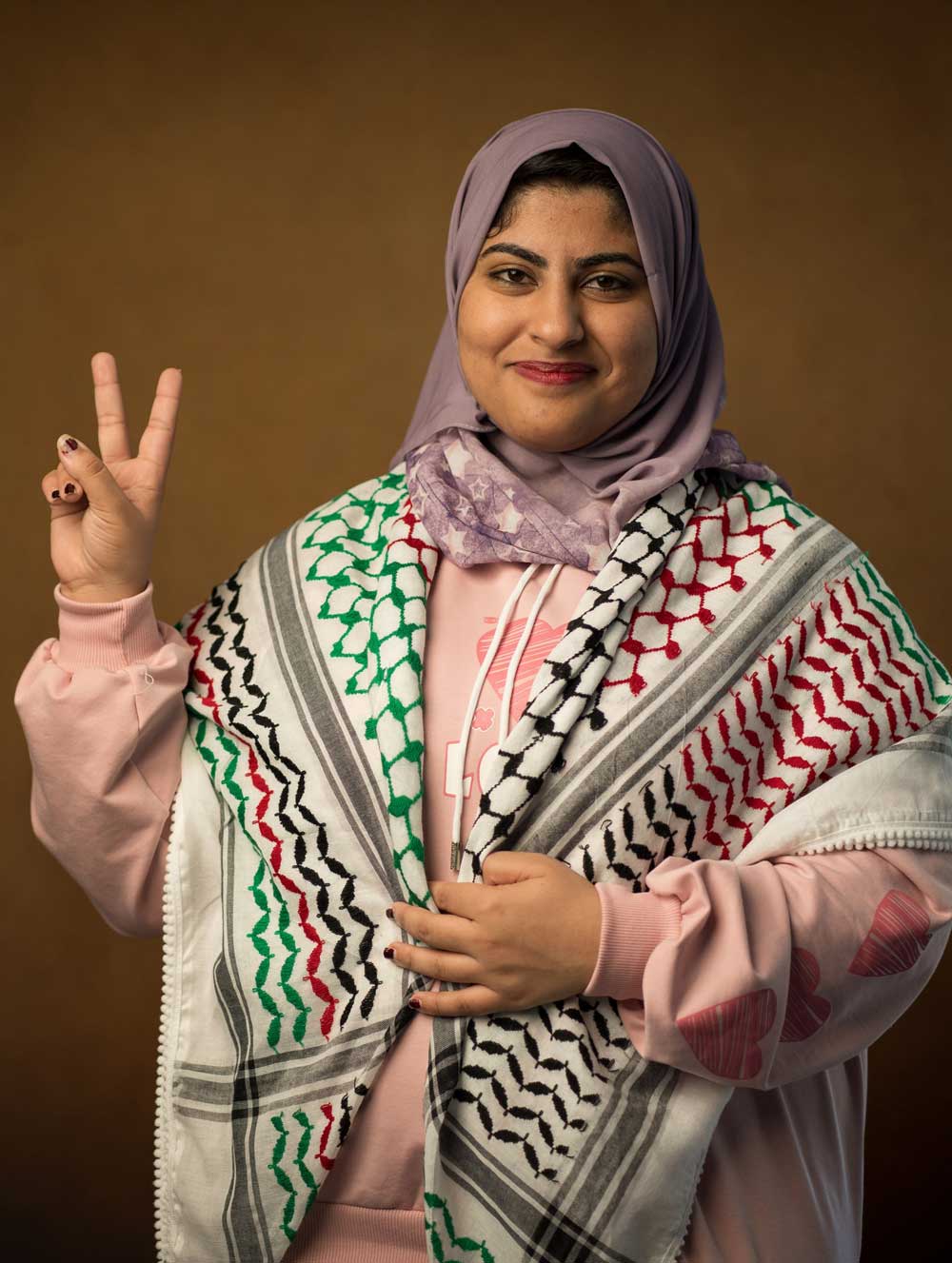

Peace Programs

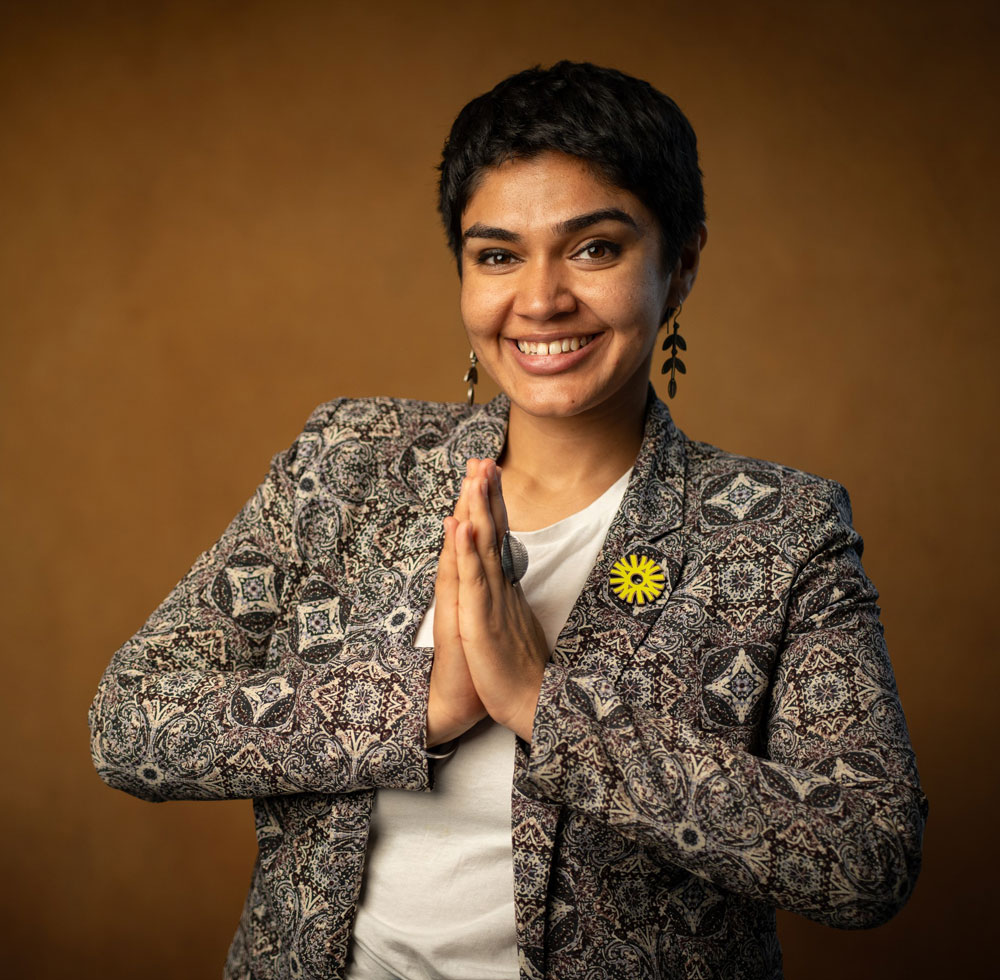
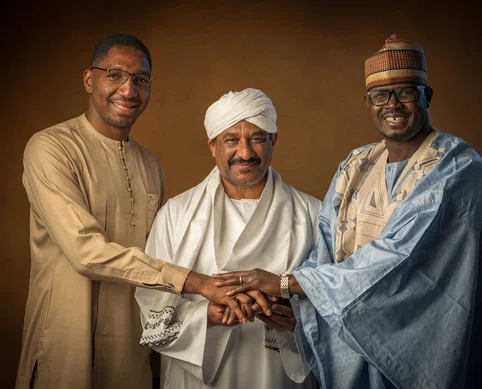

Pictured are a few of the many participants in the Center’s Human Rights Defenders Forum, held in Atlanta in May 2024.
OVERVIEW
STORY
Election Observation Success in Montana
STORY
A Bridge to Prosperity
STORY
Small Bakery Rises
Democracy Program
Democracy Program
The Carter Center observed Venezuela’s presidential election in July, issuing a statement that the election did not meet international standards and could not be considered democratic. Around the November 2024 U.S. elections, the Center supported cross-partisan networks of trained citizen observers in New Mexico and Montana to monitor election processes and provide trusted information. Also, the Center deployed observers to monitor elections in Fulton County, Georgia. In total, more than 400 observers were deployed across the three states. The Carter Center continued long-term citizen observation efforts in the Democratic Republic of the Congo and Liberia and supported reform efforts in Zimbabwe and Sudan, as well as capacity building for civil society organizations to improve participatory rights for women and youth in Zambia. Carter Center experts worked with local partners in Sri Lanka to combat digital threats to democracy and mitigate violence during presidential and parliamentary elections. A report created with international partners on Model Commitments for Advancing Genuine and Credible Elections, a resource laying out steps to strengthen democracy and elections, was published in September.
Conflict Resolution Program
Conflict Resolution Program
For the U.S. general election, Carter Center-organized Democracy Resilience Networks in Arizona, Florida, Georgia, Michigan, North Carolina, and Wisconsin established rapid response teams to address violence and information integrity and produced messaging about election processes. In Israel-Palestine, the Center worked to support a permanent ceasefire and facilitated efforts fostering consensus and unity and conversations about the path forward. The Center also facilitated peacebuilding efforts, organizing discussions about the future of education in Syria. Also in Syria, the mapping of unexploded ordnance assisted the work of international demining organizations. Meanwhile, the Mali Peace Through Health Initiative worked to build trust and cooperation, resulting in a significant decrease in violence and increased access to health-related benefits for hundreds of thousands of people. In the Sahel, the Center worked to prevent conflict related to climate extremes and increase resilience. Amid ongoing conflict, Sudan’s Youth Citizen Observer Network maintained an inclusive, grassroots observer corps and provided critical information to stakeholders, including ceasefire negotiators, facilitated by the Center’s technical support.
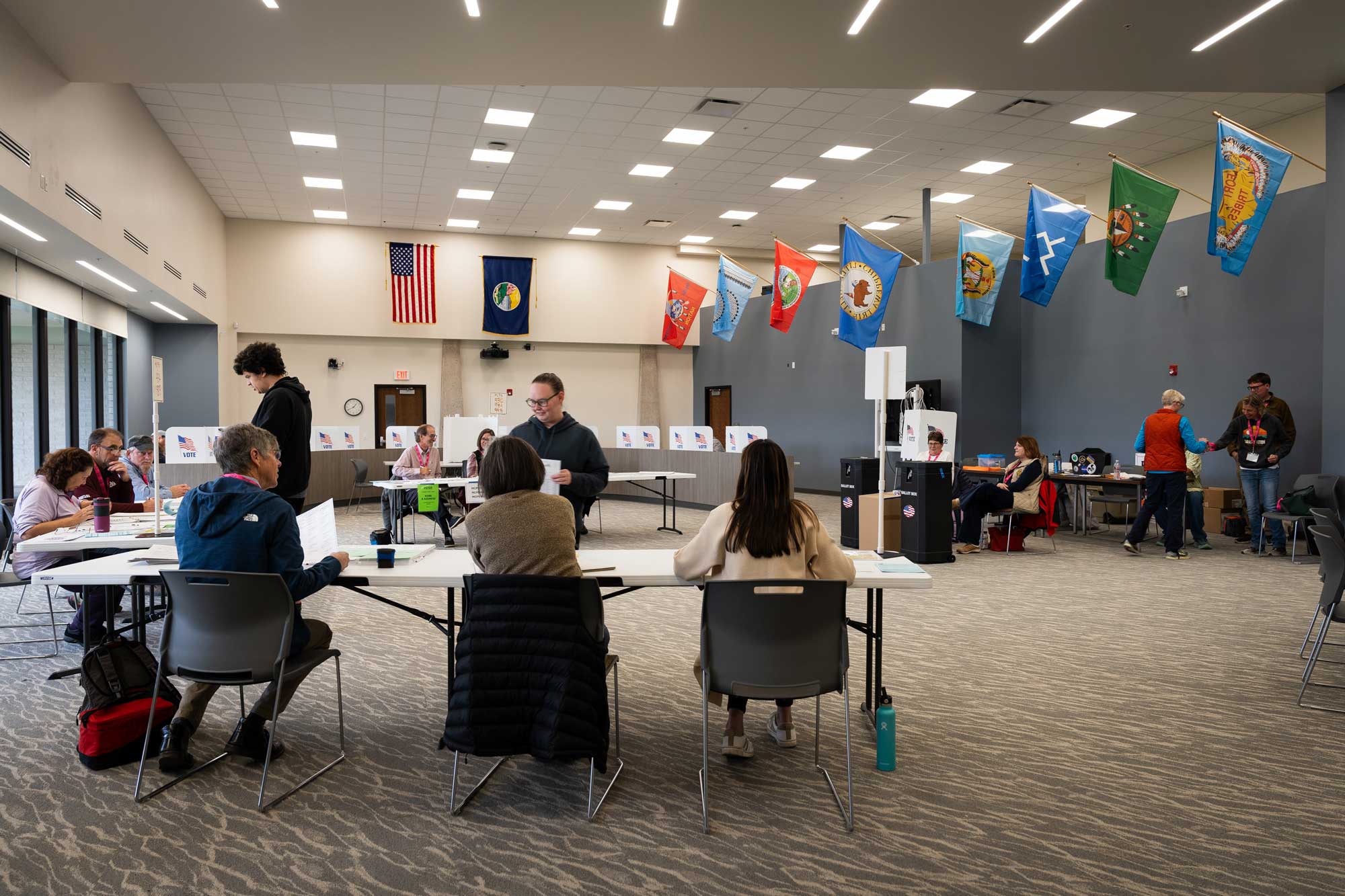
The Carter Center worked with a Montana partner to conduct nonpartisan election observation in November.
Election Observation Success in Montana
Election Observation Success in Montana
Although The Carter Center has been observing elections around the globe since 1989, independent election observation is not common in the United States — in fact, it’s illegal in some places. Montana law allows it, but it had never been done before in a large, organized way.
For the 2024 elections, The Carter Center partnered with the Montana Election Observation Initiative, a nonpartisan network seeking to increase trust in the state’s elections.
The Carter Center and MTEOI piloted observation in Missoula County’s June 2024 primaries by training observers, building observer kits, and finally deploying volunteer observers. After that effort proved successful, the project ballooned to 15 counties across the vast state for the November general election. The Center trained and sent more than 150 observers to the polls and worked out of a data center for 36 hours during the election period.
MTEOI’s final report concluded that “Montana’s 2024 elections were secure, transparent, and well-managed, reflecting the state’s strong civic participation and commitment to democratic integrity.”
While every state’s rules are different, the Center looks forward to working with local partners to do more election observation in the United States, ensuring free, fair, and honest elections for all.
Rule of Law Program
Rule of Law Program
The Carter Center supported The Gambia Ministry of Justice and Bar Association to raise awareness about the growing democracy’s transitional justice process. In Sierra Leone, the Center helped people in the justice sector implement the Gender Equality and Women’s Empowerment Act by assessing gender biases in courts, drafting policy guidance, and conducting outreach campaigns. Strengthening its commitment to data-driven advocacy and collaboration between government and civil society, the Center assisted gender-based-violence first responders in Sierra Leone to harmonize their data collection and management practices. In Costa Rica, the Center trained 21 law enforcement personnel to teach a new mandatory training course on gender-sensitive policing, which they subsequently delivered to 120 police cadets. Amid political upheaval in Bangladesh, the Center engaged commissions to prioritize marginalized voices in the reform process and ensure equitable access to information throughout the transition. A joint Rule of Law and Mental Health programs survey of more than 1,300 people in the Atlanta area found that 76% support having someone other than police respond to calls involving people experiencing homelessness or mental health issues.
Human Rights Program
Human Rights Program
In May, The Carter Center convened more than 60 attendees for the 13th Human Rights Defenders Forum, themed “Unchanging Principles for Changing Times,” and launched ACCELERATE, which provides financial and technical support to human rights defenders. In the Democratic Republic of the Congo, the Center launched the Climate and Environmental Justice Initiative to ensure that mineral extraction benefits the Congolese people and continued human rights monitoring amid growing unrest. The Center supported Indigenous and women environmental rights defenders and commemorated the 10th anniversary of President Carter’s book “A Call to Action,” including by advocating during the U.N. General Assembly for an optional protocol to reduce violence against women. In the U.S., the Center partnered with local human rights commissions to promote global human rights norms and addressed racial inequity through community-driven racial repair initiatives in former Confederate states. In response to the devastation in Gaza, the Center provided financial support to Palestinian and Israeli human rights groups and convened key partners, including The Elders, to foster solidarity and consensus.
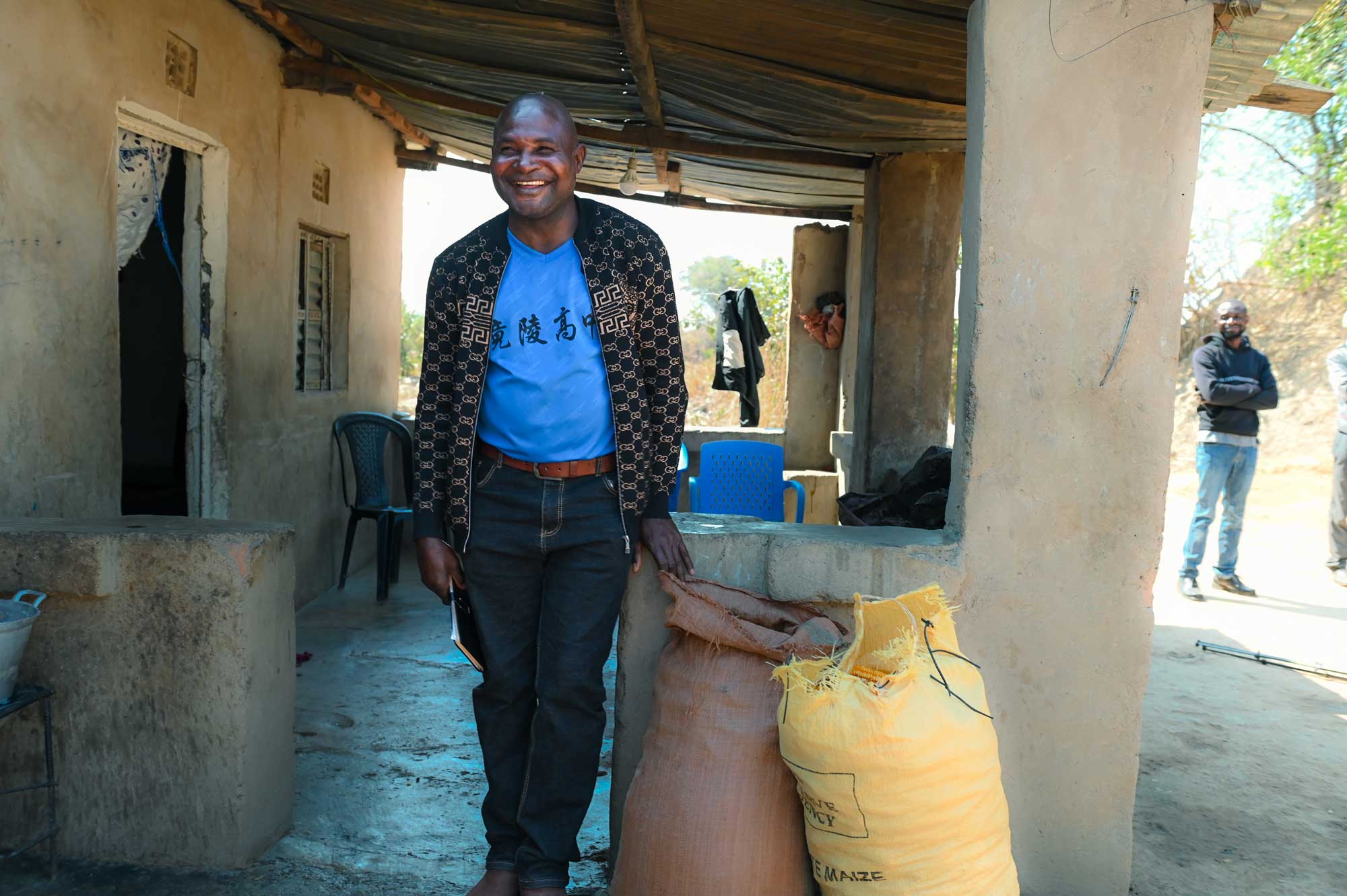
A new bridge helps Patrice Maloba safely reach his maize field.
A Bridge to Prosperity
A Bridge to Prosperity
In Kilongo, Democratic Republic of the Congo, pastor and farmer Patrice Maloba uses a strong, modern bridge to safely cross the river to get to his maize field, while others use it to reach markets, school, and jobs. But it wasn’t always that way.
Before the bridge was built, people had to use a dangerous makeshift footbridge that was frequently overwhelmed during the rainy season. Goods and even people were often swept away by the rushing waters.
The dominant economic force in the area is a massive cobalt mine. While the valuable minerals within enriched the mine’s owners, the surrounding community received little or nothing.
That began to change when The Carter Center helped advocate for legislation requiring mining companies to use some of their revenue to benefit their host communities. The Center also advised the people on how to negotiate with mining companies to get the resources they’re entitled to and to ensure that the money funds projects that meet their communities’ biggest needs.
Kilongo used some of its revenue to build a new bridge that is less vulnerable to flooding. People can now safely and easily cross the river.
“This bridge is really, really helpful for us,” Maloba said.
Other Initiatives
Other Initiatives
China Focus
China Focus
The inaugural Jimmy Carter Forum was convened in January to commemorate the 45th anniversary of the normalization of U.S.-China relations. American and Chinese experts participated in panel discussions on different dimensions of the U.S.-China diplomatic, military, and economic relationship. The Ninth Young Scholars Forum on U.S.-China Relations was held in May in San Diego in cooperation with the University of California San Diego’s 21st Century China Center. The Carter Center published “Modernizing Sino-U.S. Confidence-Building Measures: Cold War Case Studies and Chinese Perspectives,” part of a series that examines how rising Sino-American tensions have prompted widespread discussion of a “New Cold War.” Analysts increasingly worry that flashpoints in the relationship could trigger conventional war that could escalate to the nuclear domain. The Center’s U.S.-China Perception Monitor websites, in both English and Chinese, continue to attract wide readership.
Inform Women, Transform Lives
Inform Women, Transform Lives
Through this campaign, The Carter Center partners with city leaders around the globe to help cities provide women with information about beneficial city services. In 2024, the Center continued to support 35 cities that have received grants. As some cities completed implementation of services, they reported the impact of the campaign. For example, in Montevideo, Uruguay, 5,000 women received services related to gender-based violence. Staff in Birmingham, England, created a video to raise awareness of available domestic violence services, resulting in a 36% increase in visits to their website. Finally, in Bogota, Colombia, the city focused on municipal services available for women caregivers. The city provided services to 2,400 new women caregivers and increased awareness of their available services from 20% of the target population to more than 50%.
Latin America and Caribbean Focus
Latin America and Caribbean Focus
The Carter Center continued support for the implementation of Colombia’s 2016 peace accord with a technical secretariat of expertise for the High Commissioner of Peace and the Minister of the Interior. A Carter Center staff member spoke at an United Nations General Assembly sidebar on the “Urgent Situation in Venezuela,” convened by U.S. Secretary of State Antony Blinken on the Center’s technical election observation mission in July 2024. Fifty countries signed a joint resolution calling for the Maduro government to release the official results of the July 28 presidential election.
Petralina Babirye’s (far right) bakery in Uganda grew with the support of a local program for women entrepreneurs.
Small Bakery Rises
Small Bakery Rises
Petralina Babirye’s little bakery in Kampala, Uganda, wasn’t making the kind of dough she needed to make a good living. She lived in a small space and made doughnuts in an even smaller space. Her business needed a boost, but Babirye didn’t know where it would come from.
Then a friend told her about an announcement on the radio promoting the city government’s Women Entrepreneurship Program, which offers female business owners interest-free loans and financial training.
That radio spot was made possible in part by Kampala’s participation in the Carter Center’s Inform Women, Transform Lives project. Through this initiative, the Center partners with cities around the world to make women aware of city services they might not otherwise know about.
Babirye used her newfound knowledge to get a loan to buy equipment and ingredients and expand her business. The bakery is now thriving, providing festive cakes for weddings, birthdays, and other special occasions. Babirye wants to pass her good fortune along to others.
“My hope and my dream,” she said, “would be to help ladies, girls out there — the young generation, single mothers.”
Now she has the scratch to do it.








